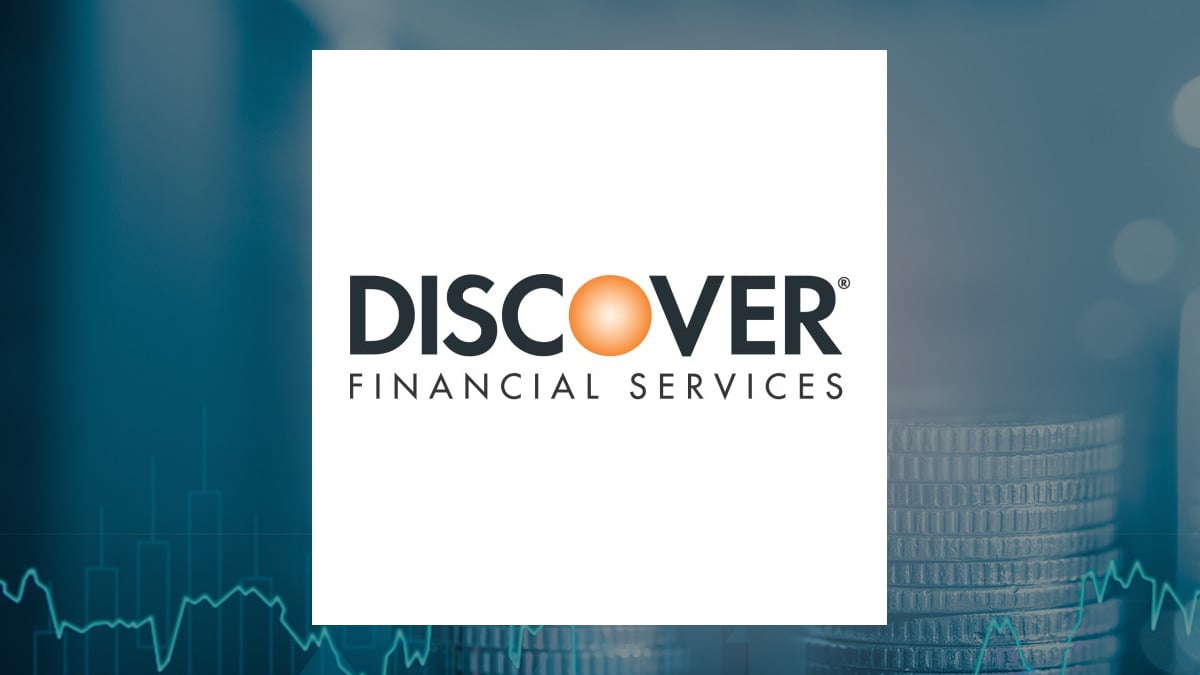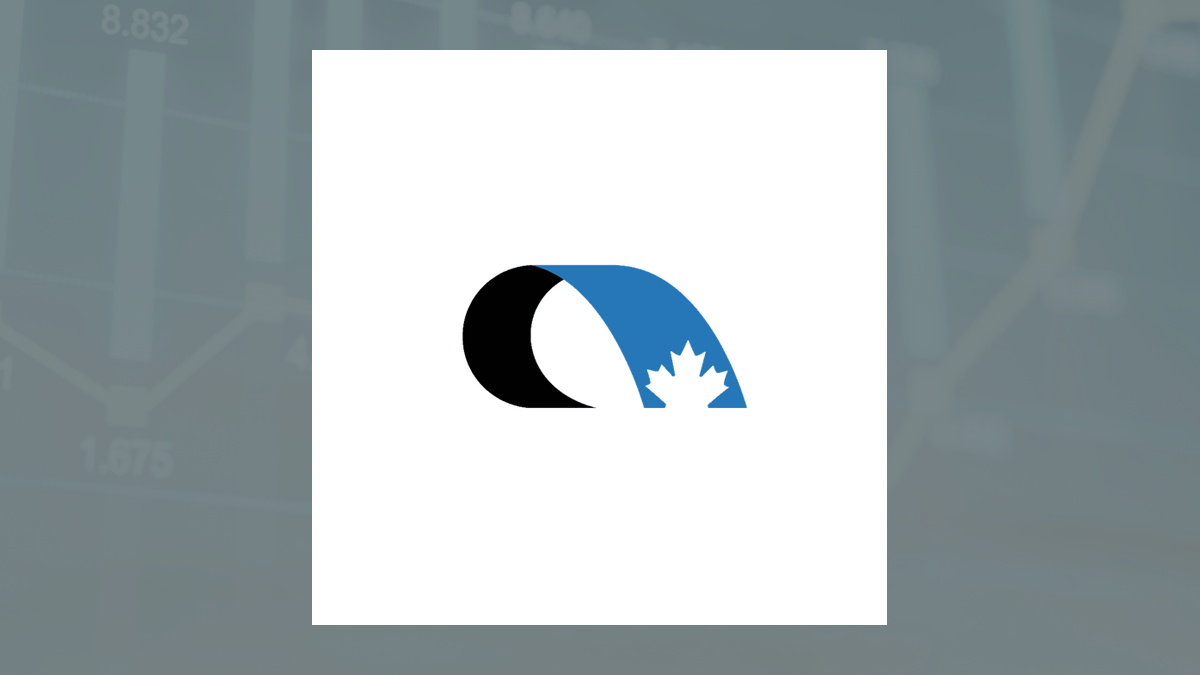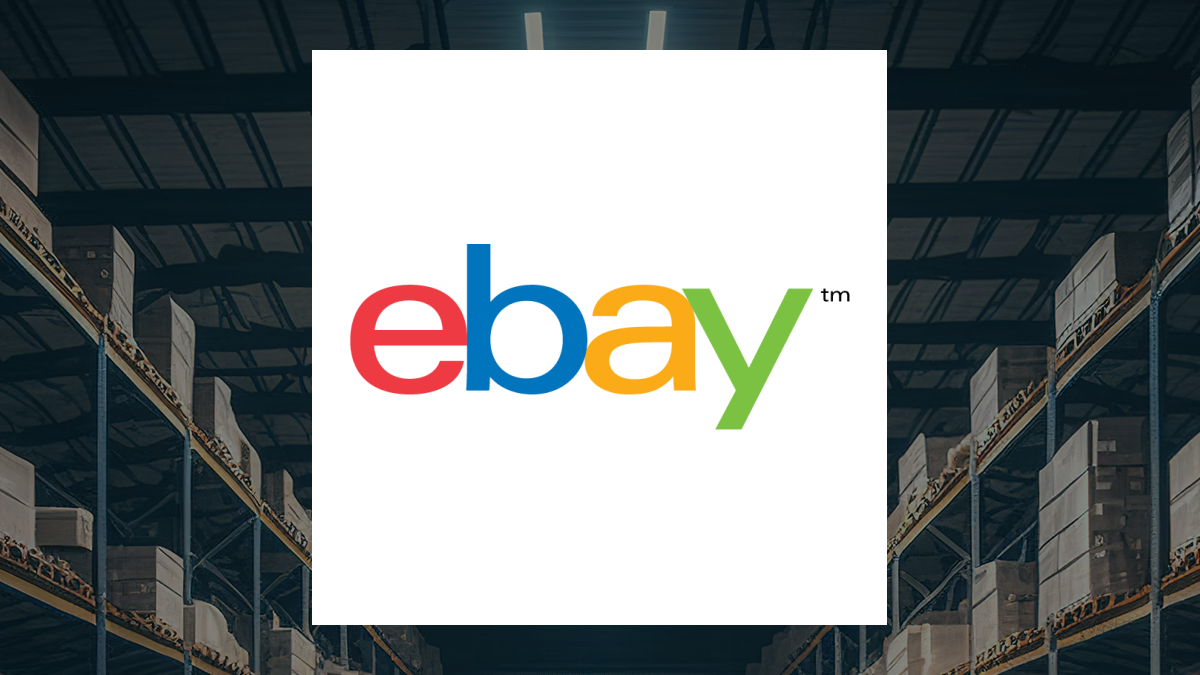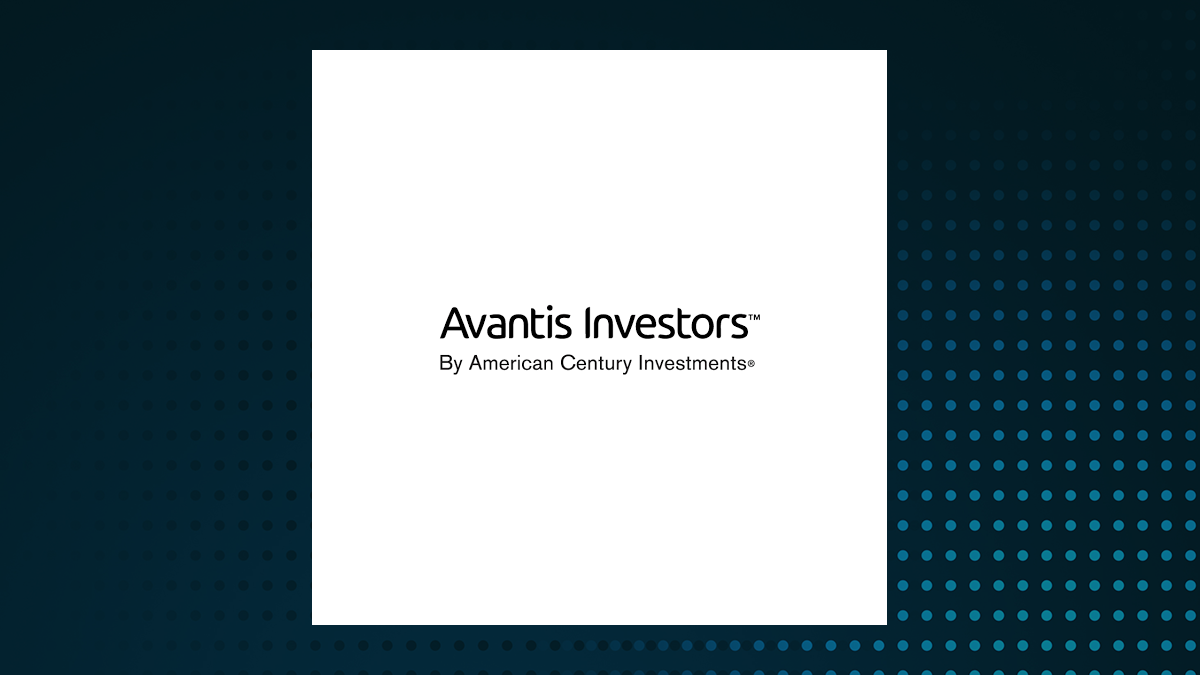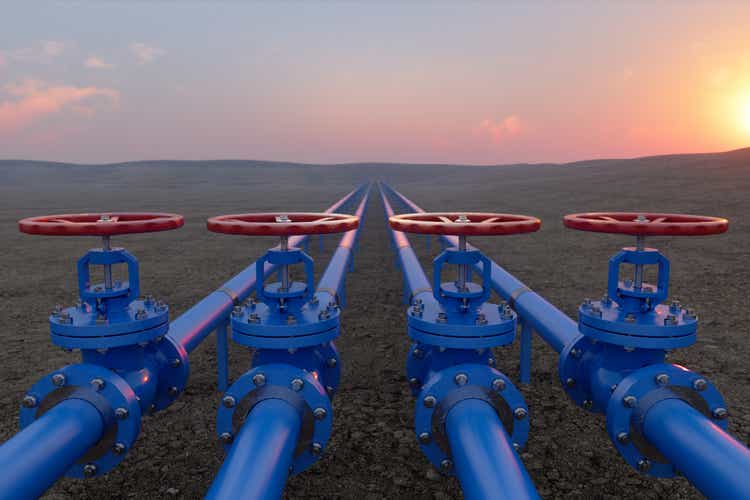
onurdongel Kinder Morgan ( NYSE: KMI ) is fairly valued, but appears poised to appreciate due to increasing global demand for energy, including servicing the need from growing data center and artificial intelligence demand. I believe that Kinder Morgan is likely to become recognized as a derivative play on AI that provides a relatively safe value at risk due to the KMI's valuable and conservative asset base and core business model. Kinder Morgan's midstream assets primarily consist of pipelines that distribute oil and natural gas, including liquified natural gas.
Kinder Morgan also owns storage terminals for these petroleum products. A significant portion of Kinder's assets service production out of Texas. As a result, Kinder's delivery of oil and gas should benefit from probable continued growth out of the Permian Basin.

Kinder Morgan's Infrastructure Assets (KMI Q2 2024 earnings presentation) Kinder Morgan should also benefit from further development of the Haynesville Basin in east Texas and western Louisiana. As these basins undergo continued development, Kinder Morgan's assets should benefit from distributing a growing supply. Kinder Morgan's pipelines will service both domestic demand and the growing business of exporting LNG internationally.
It is likely that Kinder Morgan's long-term growth will depend upon continued development of the business of exporting domestic LNG exports. It is probable that US liquified natural gas exports will double before the end of this decade. At the same time, gas assets should continue to be in high demand domestically.
Further, natural gas and LNG products are likely to benefit from growing AI demands upon energy infrastructure. Artificial Intelligence is becoming a growing user of power generation from utilities, and these gas products are among the cheaper and more consistent sources of power. AI developers appear to prefer gas and nuclear power due to intermittency issues that affect the consistency of alternatives such as solar and wind.
AI energy usage could dramatically increase gas demand between now and the end of this decade, and potentially absorb over 15% of total domestic electricity demand. AI demand is creating an increase in power consumption, where prior demand was relatively flat despite population growth due to efficiencies in many electrical products. Therefore, as AI continues to grow and absorb a greater portion of the total electricity supply, Kinder Morgan is likely to service a growing rate of natural gas products to domestic utilities.
Kinder currently provides oil and gas to about 20% of the US power market and transports approximately 40% of the domestic gas. Kinder Morgan currently provides approximately seven billion cubic feet per day of US LNG contracts, and appears to have the capacity to 9.5-10bcf/d before the end of 2025.
Further, it is possible that Kinder Morgan will be able to grow their capacity in excess of 10 billion cubic feet per day through additional acquisitions and improvements to their existing assets. The company has a history of growing through acquisitions, where any future purchases are likely to only increase their capacity to transport LNG. Kinder Morgan's existing earnings have been reasonably consistent and positive, with some variability due to acquisitions and development costs.
When delivering last quarter's earnings, Kinder Morgan affirmed its 2024 guidance for $8.16 billion in EBITDA, which implies eight percent growth from 2023. Also, Kinder Morgan's project backlog grew to $5.
2 billion at the end of the second quarter, up from $3.3 billion at the end of the first quarter. We see higher demand for natural gas to be delivered to the U.
S. Gulf Coast in 2024-2025 (as more LNG export facilities enter the market). We think KMI’s gas-related demand should move higher in the coming years, given its positioning in this region.
Although the Biden Administration has issued a temporary halt to new LNG export licenses, we think this move will only have an adverse impact on LNG supply out of the U.S. Gulf Coast if the halt persists for years.
New LNG liquefaction terminals typically take three to four years to build, and construction is dependent on first obtaining long-term contracts. I believe that Kinder Morgan's high quality assets and the potential for it to benefit from continued expansion and development of AI are likely to support the stock price. Further, as interest rates decline due to a Federal Reserve rate cut cycle, which is highly anticipated, yields like Kinder Morgan's should become more desirable.
Shares currently yield around 5.4 percent and the dividend is reasonably well covered by existing operations. If we presume Kinder Morgan should trade at a 9-10x multiple range based upon its full year and 2025 EBITDA forecasts, shares should trade between $22 and $24 per share.
I believe that Kinder Morgan is likely to soon be revalued into such a trading range, with the potential to move even higher if yields decline at an accelerated rate. Kinder Morgan shares have done reasonably well so far this year, and currently appear to be coiling for a move, up or down. While the future is uncertain, it also appears that KMI is trading just above $21, which has acted as support over the last several weeks.
Further, should this level not hold, there appears to be another stronger level of support at about $20. KMI daily candlestick chart (Finviz.com) Risk Risks to Kinder Morgan include declining energy pricing and demand.
If AI demand were to not grow in a manner that is presently anticipated, that absence would have to be removed from future forecasting. Kinder Morgan is also becoming more dependent upon exports of LNG, and future international demand for US LNG could face risks beyond pricing, including regulatory changes. Kinder Morgan is likely to benefit from declining interest rates, and it should be disadvantaged if the lowering of rates were stalled or potentially increased from present levels.
This is both due to the competition risk-free rates has upon Kinder Morgan's high yield, as well as the added costs such rates put upon funding probable future acquisitions. Kinder Morgan has a reasonably significant amount of debt, and the refinancing of it at higher yields would also be problematic for its profitability and valuation. Conclusion Kinder Morgan is reasonably fairly valued, but the stock looks poised to increase due to the forthcoming rate cut cycle, which should make its above average dividend more desirable.
Kinder Morgan is also likely to become a beneficiary of continued AI development and its effect upon power consumption, since it transports about 40% of domestic gas, which is likely to remain a preferred power source in the coming years. Kinder Morgan stock appears to be trading in a tight range, with supportive levels both one and five percent beneath the stock price. Similarly, Kinder Morgan's 5.
4% dividend yield is likely to support shares as the rate cut cycle commences. Therefore, Kinder Morgan appears to provide significant value at risk, with the potential to move up in value in the near term. Analyst’s Disclosure: I/we have a beneficial long position in the shares of KMI either through stock ownership, options, or other derivatives.
I wrote this article myself, and it expresses my own opinions. I am not receiving compensation for it (other than from Seeking Alpha). I have no business relationship with any company whose stock is mentioned in this article.
Seeking Alpha's Disclosure: Past performance is no guarantee of future results. No recommendation or advice is being given as to whether any investment is suitable for a particular investor. Any views or opinions expressed above may not reflect those of Seeking Alpha as a whole.
Seeking Alpha is not a licensed securities dealer, broker or US investment adviser or investment bank. Our analysts are third party authors that include both professional investors and individual investors who may not be licensed or certified by any institute or regulatory body..











